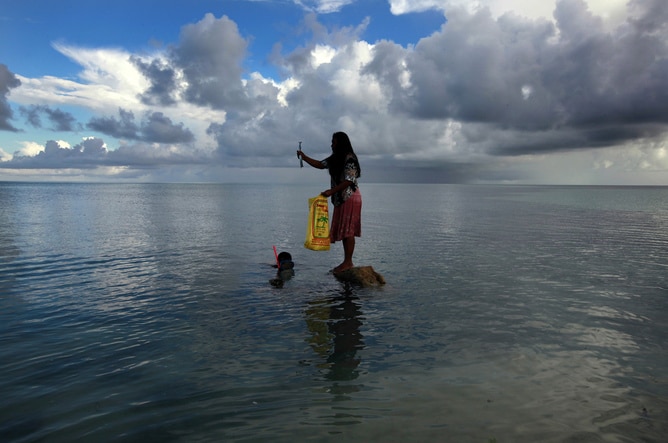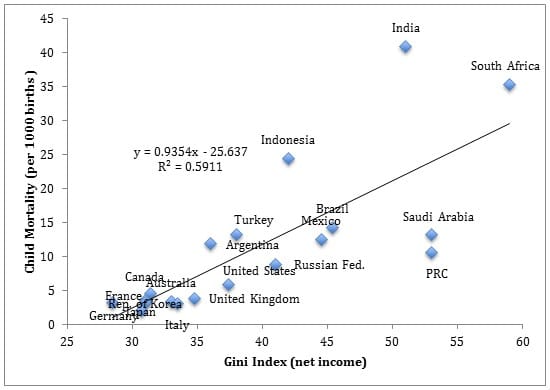Whom Do You Call to Talk to ISIL?
While the brutal expansion of the Islamic State of Levant (ISIL) has triggered great fears in popular imagination, Dr. Steinbock says that the ISIL’s — and its potential successors’ — claim to a territorial caliphate is likely to pose enduring economic, political and strategic challenges to the international community.






